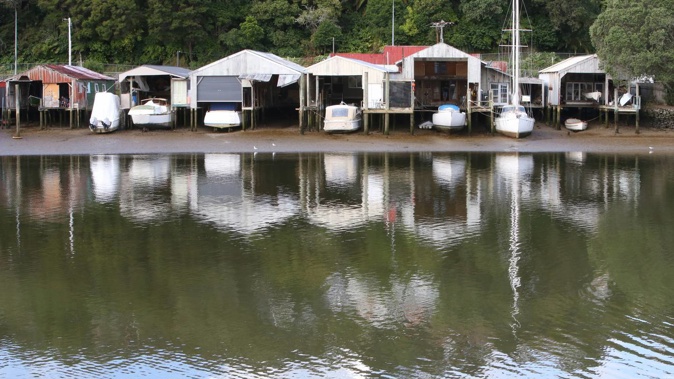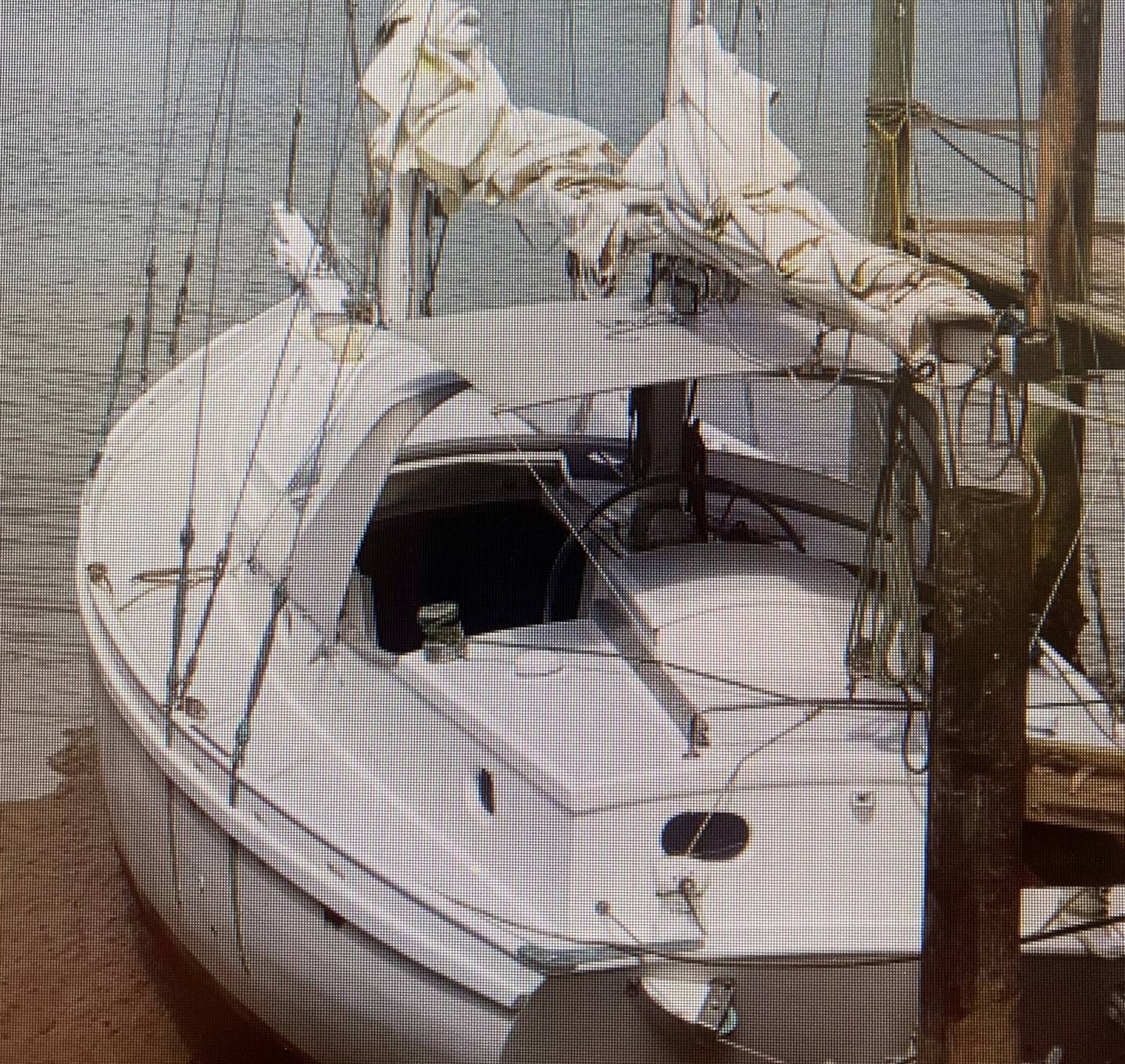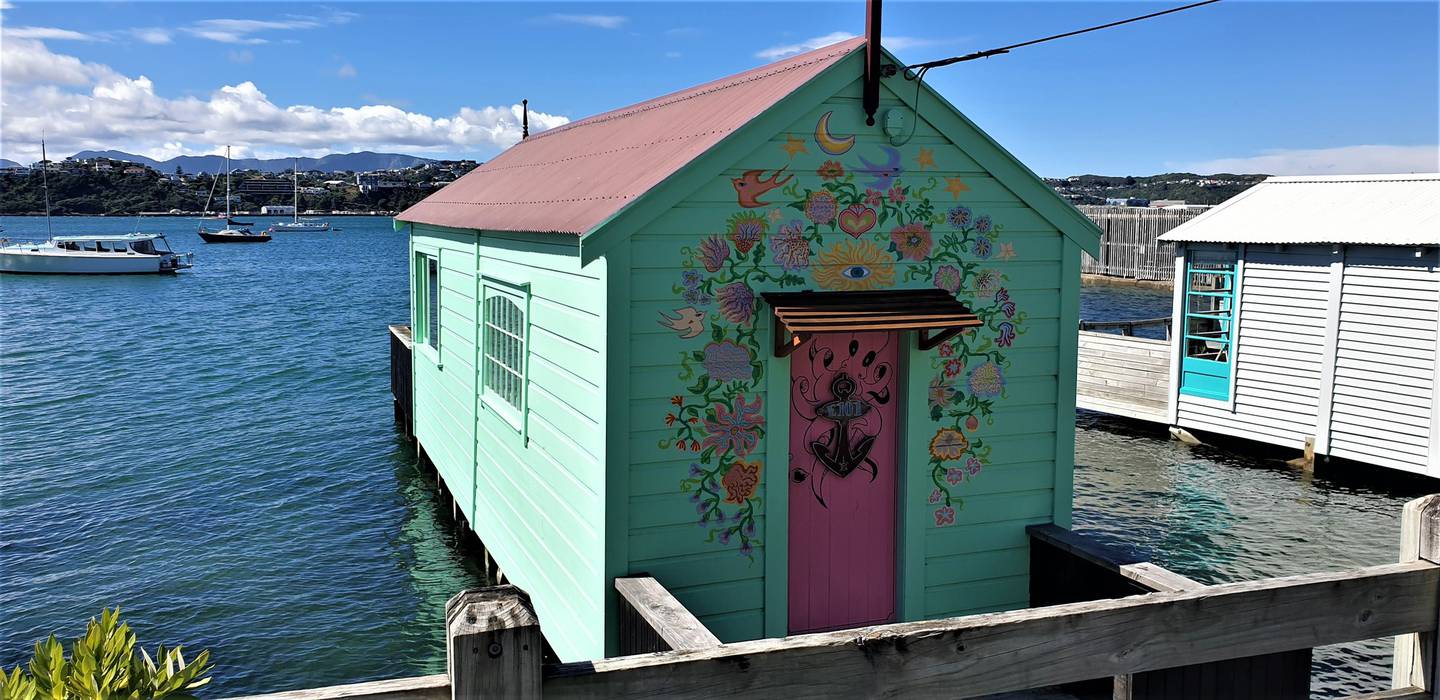

A man is facing a $26,000 bill for removal of asbestos from a Northland boat shed to which his boat was tied illegally.
Jonathan Harness had his boat Windswift tied to the shed for which he held joint resource consent on the Hātea River in Whangārei. He was living in the boat shed but was found to be in breach of the rules around permanent mooring in the area.
Last November the Northland council applied for an enforcement order against Harness, and for reimbursement of $26,489.10 the council had spent on getting rid of cladding material containing asbestos said to be put there by Harness.
The Environment Court directed Harness last December to comply with the rules around mooring in the area. A joint memorandum filed this month showed agreement had been reached on the enforcement order.
Harness has now shifted the vessel but a decision remained on whether he would have to pay back the $26,000. He told Open Justice he had been instructed by his lawyer not to comment beyond confirming he had been living in the boat shed.

Windswift tied up to the boat shed. Photo / Supplied
The council's coastal and works consents manager, Paul Maxwell, told Open Justice it reflected its aim to knuckle down and apply new rules focused on protection of the coastal marine environment.
He said the principal issue was about protecting water quality and ensuring proper sewage management in the coastal marine area.
"Often it will be people living on vessels within sheds – the shed might have a bathroom attached to it and people use their vessels to live in.
"The principal issue is around water quality and sewage management – how do we ensure people living on vessels are dealing with waste appropriately and not just opening a portal and dumping it."
The Proposed Regional Plan for Northland – parts of which were subject to appeal, contained new rules focused on sewage management. For example, if a boat owner tied it to a jetty or fixed structure for longer than allowed under the rules, which was 14 days, a resource consent for occupation of coastal space was needed.
"In this case an issue was raised about the use of space and the issue has been viewed under the lens of the rules within the plan and the council has had to apply for this enforcement order to resolve the issue," Maxwell said.
Put simply, the council was trying to sort matters around Windswift occupying space for longer than was permitted. It was not a situation unique to Northland, but was similar to other areas including Marlborough, which had many boats, bays and boat sheds, and a fragile coastal marine environment the council was aiming to protect with more robust rules.

Strict rules apply to the use and occupation of boat sheds in coastal New Zealand, such as this landmark example in Wellington. Photo / Tracy Neal
Maxwell said other users of jetties and boat sheds might soon begin to notice changes.
"We haven't really chased the enforcement because we've been so busy with other things and it's only now where there's been a situation where incidents have been raised with the council.
"It's become an issue which has required the council to pay close attention and make a ruling over what is essentially competition for space within the coastal management area."
Maxwell said the rarity of the boat sheds meant they were highly sought after; not so much by people wanting to live in them, but by people who wanted to house vessels in them.
He said what councils were mindful of, including the Whangārei District Council which administered the Building Act as it related to the boat sheds, was the potential for more people seeking to live on vessels, such as those someone might pick up for less than a quarter what it costs to buy a house and land.
"Some are purpose-built (inside) and have been authorised but there's been a progressive creep and outfitting of boat sheds which the council may or may not know about over the years."
Some of the boat sheds date back to the 1940s, but Maxwell said they were not subject to any heritage status.
- by Tracy Neal, Open Justice
Take your Radio, Podcasts and Music with you









